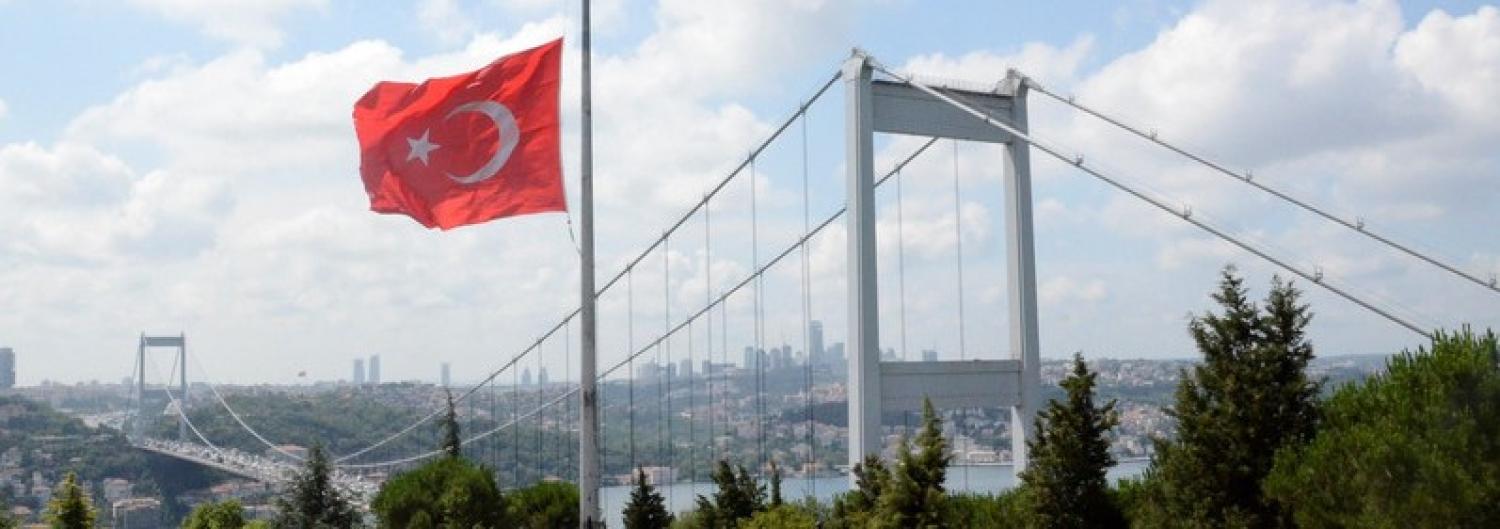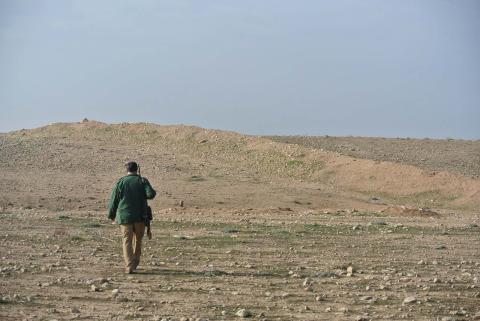Terror has once again struck in Turkey. Tuesday's coordinated attack by three suicide gunmen at Istanbul's Ataturk Airport killed 44 people and injured around 240. It was the latest in a string of terror attack in Turkey in the past year, and a worrying demonstration of the country's deepening security crisis.
No group has taken responsibility for the attack, but the Turkish government has blamed ISIS. Indeed, all indications point to ISIS. The method (storming the airport and opening fire before detonating suicide vests) resembled the 22 March attack in Brussels.
The attack occurred the day before the second anniversary of the group's declaration of a 'caliphate' in Syria. The attackers also hit during Ramadan, and followed a call by the group's spokesman for sympathisers to attack Western targets during the Muslim holy month wherever possible. Last year, Turkish President Recep Tayyip Erdogan was featured on the cover of ISIS's 'Dabiq' magazine.
The attack also came as ISIS continues to suffer serious military setbacks in Syria and Iraq, and serves as a clear sign of things to come. The group may now opt to display its strength and reach through terror attacks on soft targets internationally, rather than on the immediate battlefield.
Lastly, the attack also coincided with Turkey resuming diplomatic relations with Israel following the 2013 Gaza flotilla crisis, as well as with Russia, following the fallout from Turkey downing a Russian jet close to its border with Syria. [fold]
But although the evidence in this case points to ISIS, in a sign of just how tenuous Turkey's situation has become, such an attack could also easily have been conducted by separatists from the Kurdistan Freedom Falcons (TAK). After a precarious ceasefire unravelled last July, the TAK has carried out a spate of attacks (mostly against military targets) that have killed dozens as Turkey has ramped up its military campaign in Kurdish enclaves in the south-east of the country and as a precarious peace process with the Kurds unravelled.
The attack on Istanbul's airport has laid bare President Erdogan's hubris when it comes to the Kurdish issue. Turkey has consistently described the Kurds as the primary threat over ISIS. Since the latest attack, this characterisation no longer flies. Erdogan's ambivalence about ISIS also gives weight to accusations that Turkey is indirectly supporting ISIS by thwarting efforts by Kurdish militias to combat the jihadis.
Civilians have paid the price in blood for this myopic view of the conflict. And as ISIS increasingly turns its sights to once hospitable Turkey, Erdogan will be forced to adjust. Turkey now needs to be seen to be cracking down on jihadi networks and cells that have been allowed to proliferate inside Turkey. The country's security apparatus needs to be seen to be addressing the real and immediate threat ISIS presents.
If not, Erdogan risks a further backlash over the perception that he himself is to blame for the economic hit the country will face in declining tourist dollars, or worse, that he has blood on his hands.
Photo: Anadolu Agency

